



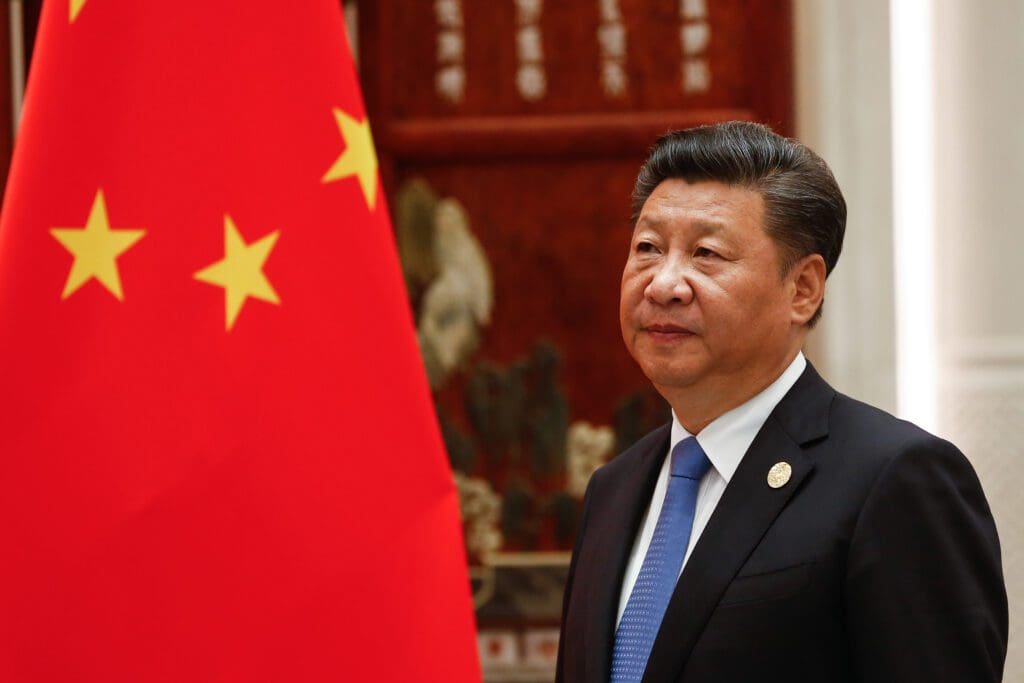
While some believe that communism ‘fell’ in 1989, over one billion people still live under Communist dictatorship in China. The best way to understand the logic of the Chinese Communist Party (CCP), as well as the recent National Congress of the CCP, is to study Marxism-Leninism.
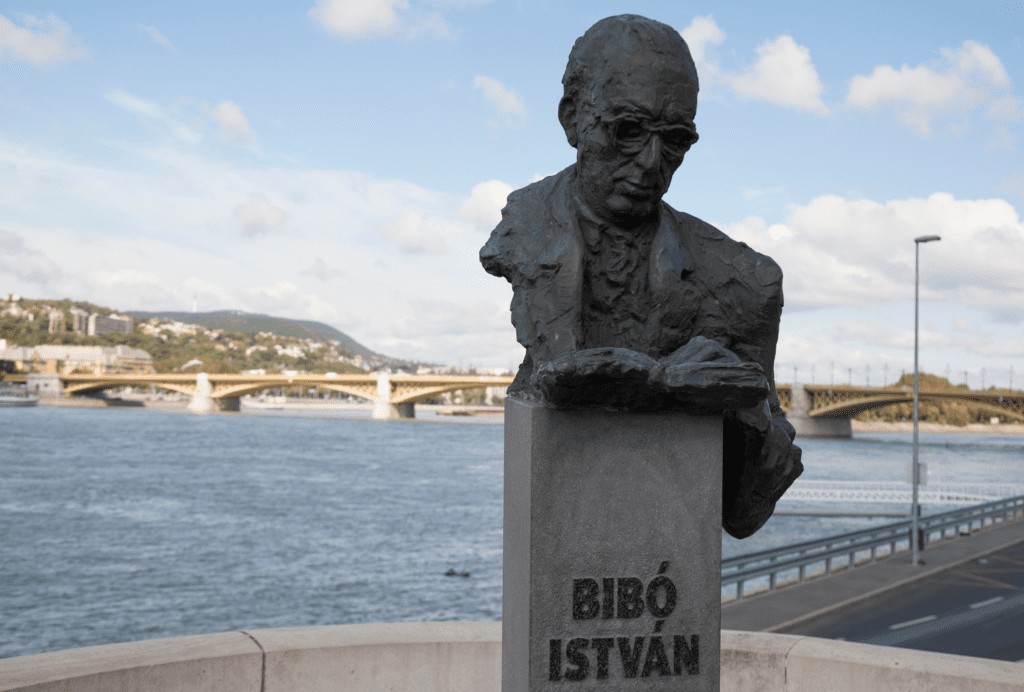
Some 30 years ago, István Bibó was looked upon as one of the most influential Hungarian political scientists. Unfortunately, he has been largely forgotten since—so perhaps it is time to rediscover him.

Benedictine monks first settled at the place we now know as Pannonhalma in 996. Today, after well over a thousand years, the monastery is still a vibrant religious community as well as a UNESCO World Heritage Site.

With its magnificent views of Lake Balaton, the fragrance of lavender oil and the physical presence of ancient history, breathtakingly beautiful Tihany still captures the imagination of its visitors.
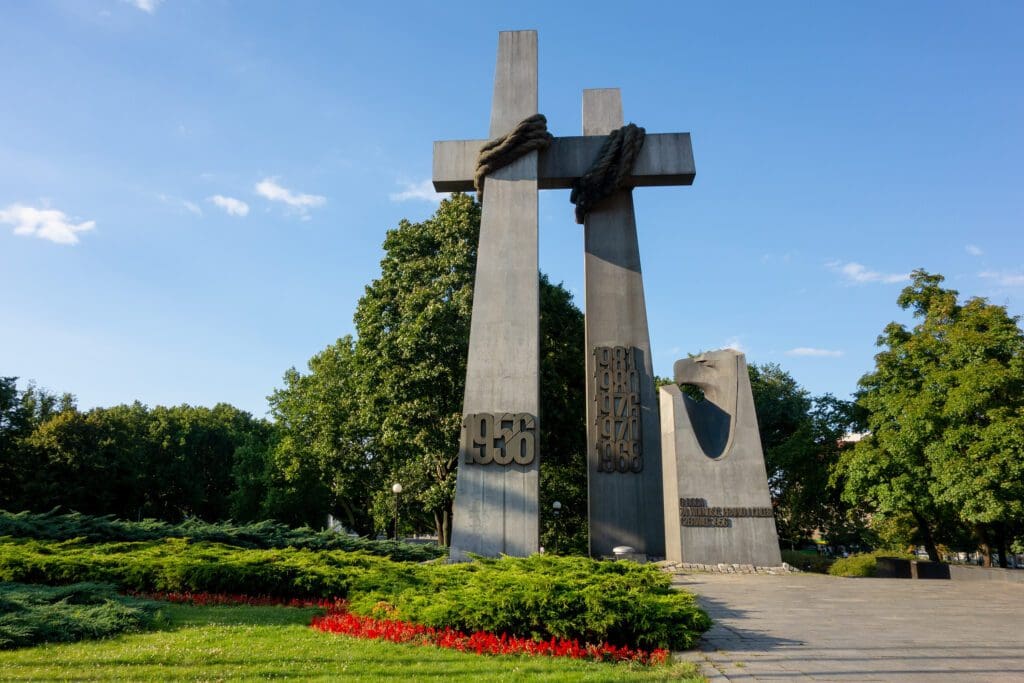
While the Polish October enabled Poland to support Hungary in its revolutionary struggle, Budapest was inspired by Poland to revolt.

Do humans need beauty in their lives? In his BBC documentary, Roger Scruton argues that we do, and that as modern society loses beauty, we risk losing the meaning of life, too.

One of the world’s most famous and popular magicians and illusionists is Hungarian-born American Harry Houdini, whose death-defying acts are watched with great amazement even today.

Wild Swans: Three Daughters of China by Jung Chang gives the readers not only an insight into 20th-century Chinese history, but it also powerfully speaks of human bravery and dedication to truth in the darkest hours of history.

In just two decades, Mihály Munkácsy emerged from starvation into being one of the most renowned artists of his time, enriching Hungarian art with a multitude of exceptional paintings.
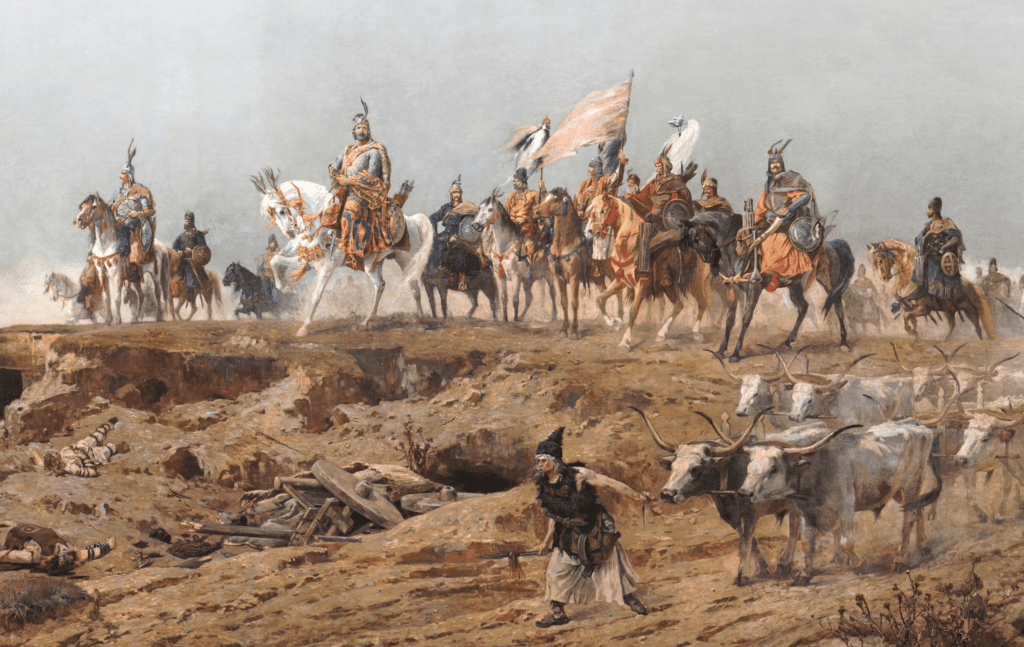
One of the foundational paintings of Hungarian national imagination is the Arrival of the Hungarians by Árpád Feszty.

There is growing concern that the overuse of the term ‘genocide’ may devalue it. Clearly defining what genocide means is crucial to prevent it from being used as a validation of every kind of victimhood.

Central planning is not viable because it can never collect enough information about the market to optimally coordinate economic interactions. It is also a path that may lead to a totalitarian state.

With 1.5 billion people still living under Communist dictatorships, viewing the collapse of the USSR as the end of the horrors of Communism is misguided. The Victims of Communism Museum in Washington D.C., opened this summer with financial contribution from the Hungarian government, is a powerful reminder of the danger that Communism poses.

6 October is a National Day of Mourning in Hungary remembering the Thirteen Martyrs of Arad who made the ultimate sacrifice for Hungary’s freedom and independence after the defeat of the 1848–49 Revolution and Freedom Fight.

5 October is dedicated to Raoul Wallenberg, who saved the lives of one hundred thousand Hungarian Jews during World War II.

Over the last couple of years the censorship of historical narratives has intensified in China. The assault on history is shared by all communist dictatorships and it goes against the conservative understanding of societies.

On 30 September, Hungary celebrates its folk tale heritage. Folk stories teach Hungarian children about the importance of courage, love and honesty on the journey of life.
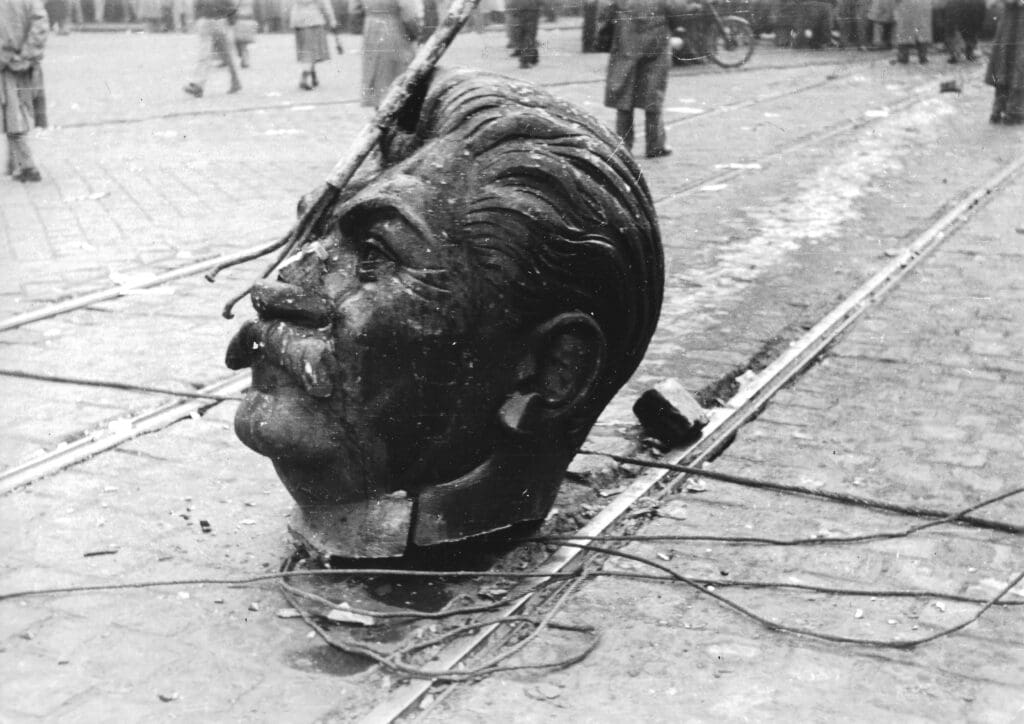
30 years ago, dozens of statues were removed from public places all across Hungary. The Iconoclasm of the 1990s was not only a symbolic event of the regime change, but also a moment of democratic awakening for Hungary.

Secondhand Time by Noble laureate Svetlana Alexievich is a powerful account of what Russians really think about the demise of the USSR. The views on the collapse of the regime are revealed to be much more complex and varied than what the overused media catchphrases ‘nostalgia’ and ‘sentimentalism’ suggest.

The United Kingdom’s new ruler, Charles III is one of the less popular royals, with some predicting that he may become a meddling monarch.
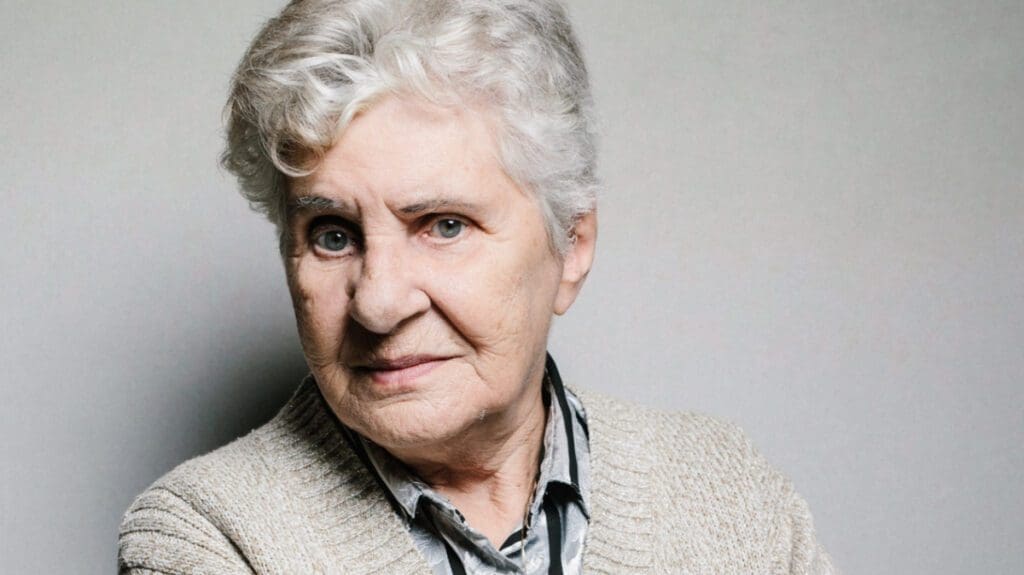
Mária Wittner, one of Hungary’s last 1956 revolutionaries, passed away on 14 September, at the age of 85. Today, we remember her life, her dedication to the fight against communist authoritarianism, and the sacrifices she made for Hungary’s freedom.

The governor of New York has declared a state of emergency over polio, following two other states of emergency over COVID-19 and monkeypox. While encouraging polio vaccinations is important, New York should consider trust issues as well before scaring residents over a single known polio case.

The amendment to the Hungarian abortion law, which has been unchanged for about 30 years, now requires mothers to listen to the foetal heartbeat before obtaining an abortion.

While the United Kingdom mourns the Queen’s death, some rejoice that an ‘oppressor’ and ‘symbol of colonialism’ has died. Against all vile accusations, it is crucial to remember that the Queen’s legacy is an overwhelmingly positive one.

Meghan Markle has managed yet again to provoke outrage in the United Kingdom. Many have accused her of falsely claiming victimhood and criticised her for her self-absorbed remarks in Manchester.
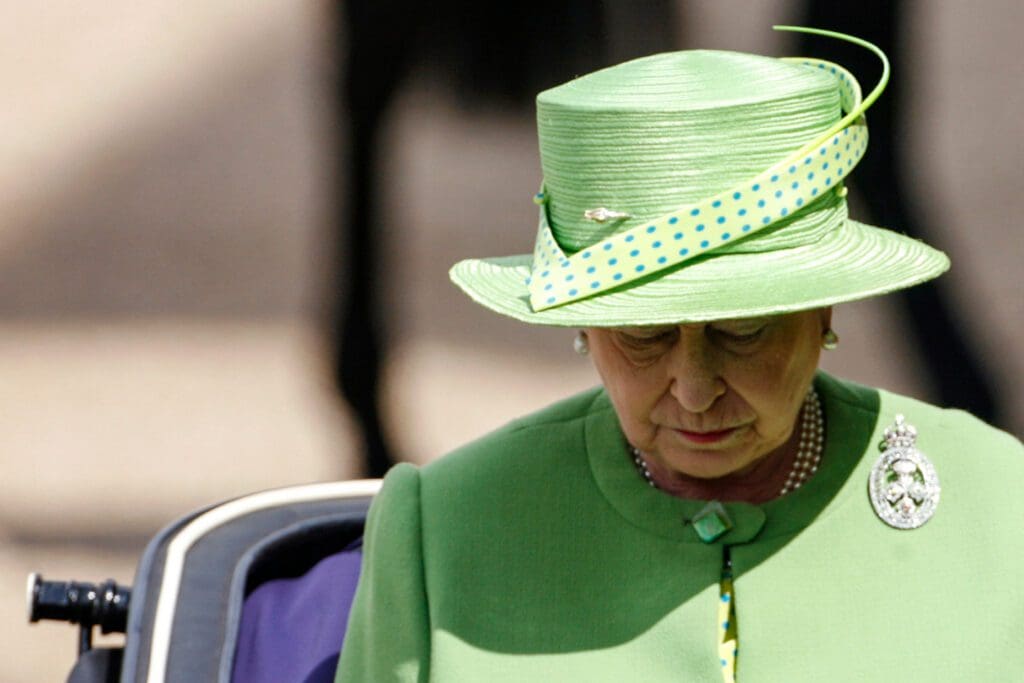
Mourning the death of Queen Elizabeth II, Hungary remembers her historic visit in 1993, when she expressed joy over the country joining the family of democratic Western nations after decades of state socialist rule. Over the years, not only Her Majesty, but other members of the royal family, and the new monarch, King Charles III in particular, developed a special relationship with Hungary.

As the cost of living and energy prices skyrocket in Europe, resistance to EU sanctions on Russia is growing. On Saturday, 70 thousand Czechs took to the streets to demand that their government take a neutral stance in the conflict.

After operating in Russia for 30 years, McDonald’s restaurants were sold to a Russian businessman, and now the franchise is in the process of being renamed and reopened. Our article provides rare insights into the American fast-food chain’s great Russian rebranding.

The death of the last leader of the Soviet Union, Mikhail Gorbachev has been remembered worldwide. While some called him a global leader who changed the world for the better, others labelled him a remorseless criminal.
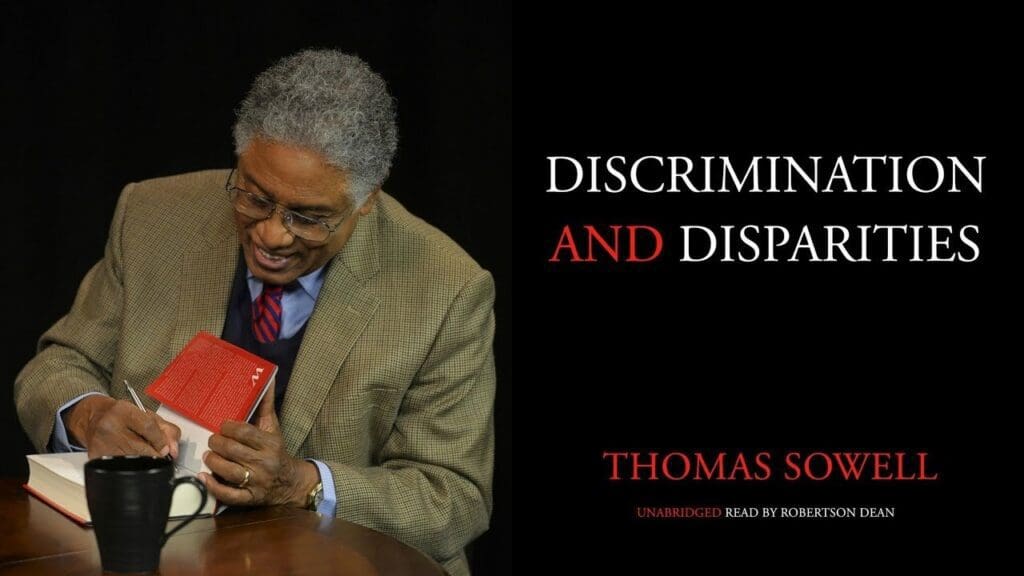
Is discrimination the only factor which stands in the way of black Americans to succeed? In his new book, renowned American economist Thomas Sowell investigates the multitude of factors that influence racial disparities in the United States.

Hungarian Conservative is a quarterly magazine on contemporary political, philosophical and cultural issues from a conservative perspective.